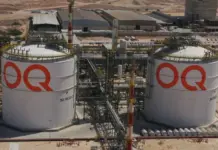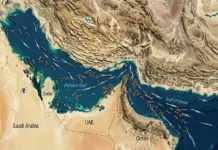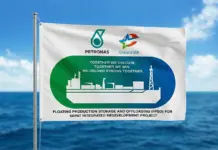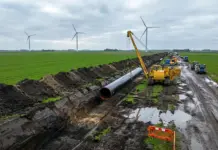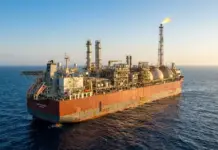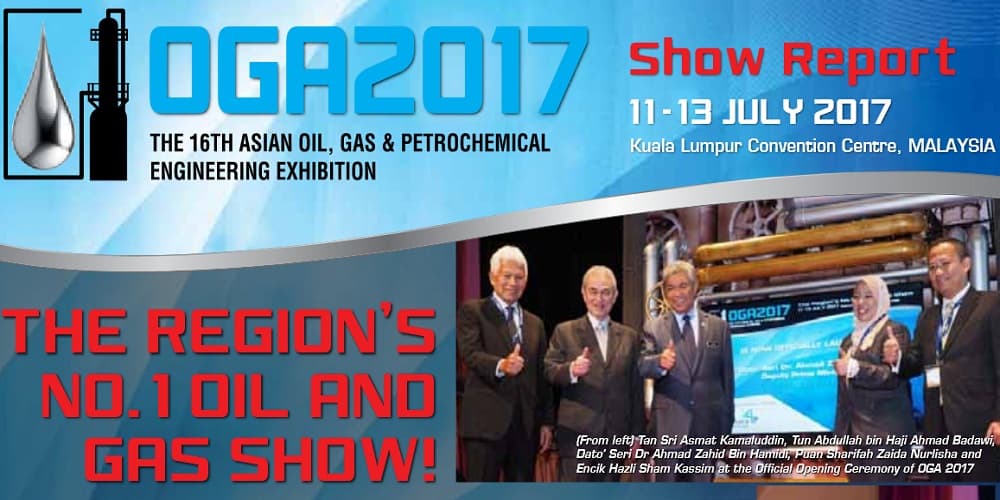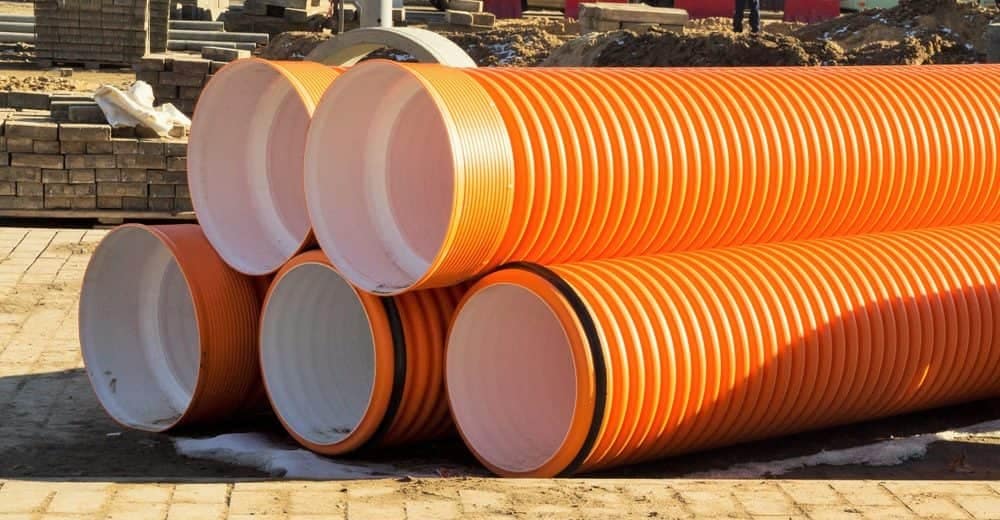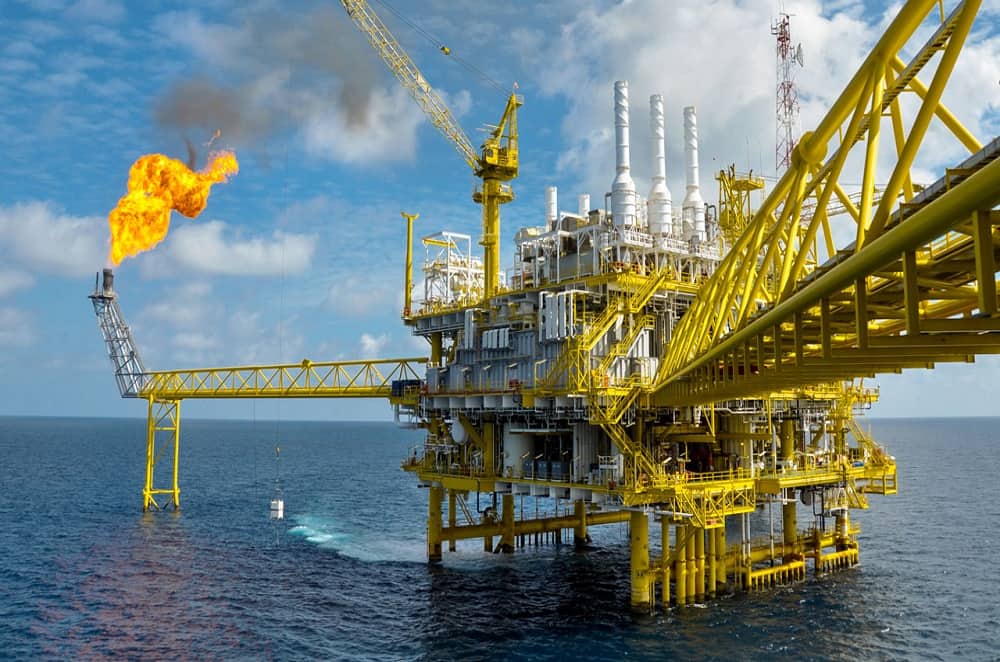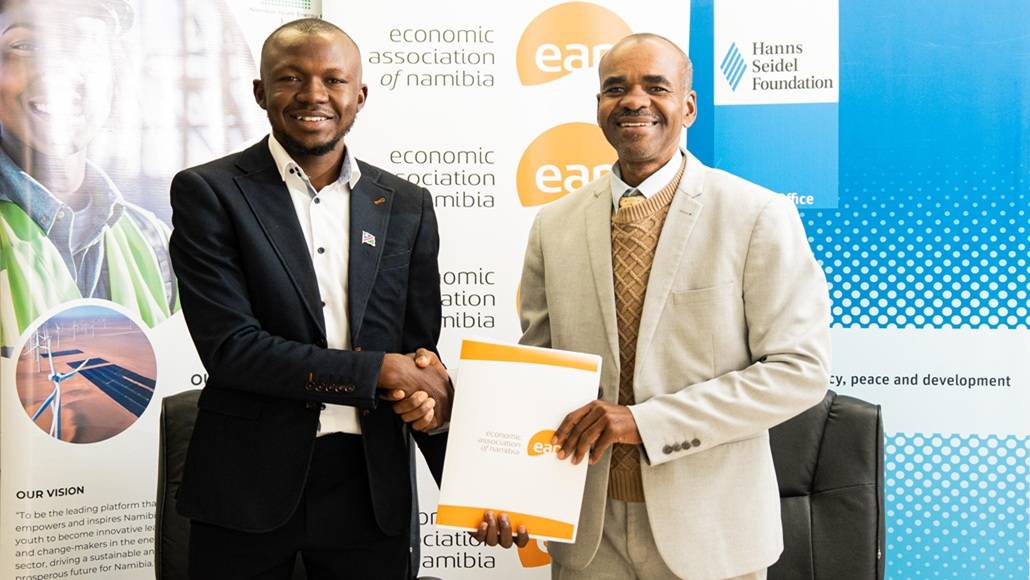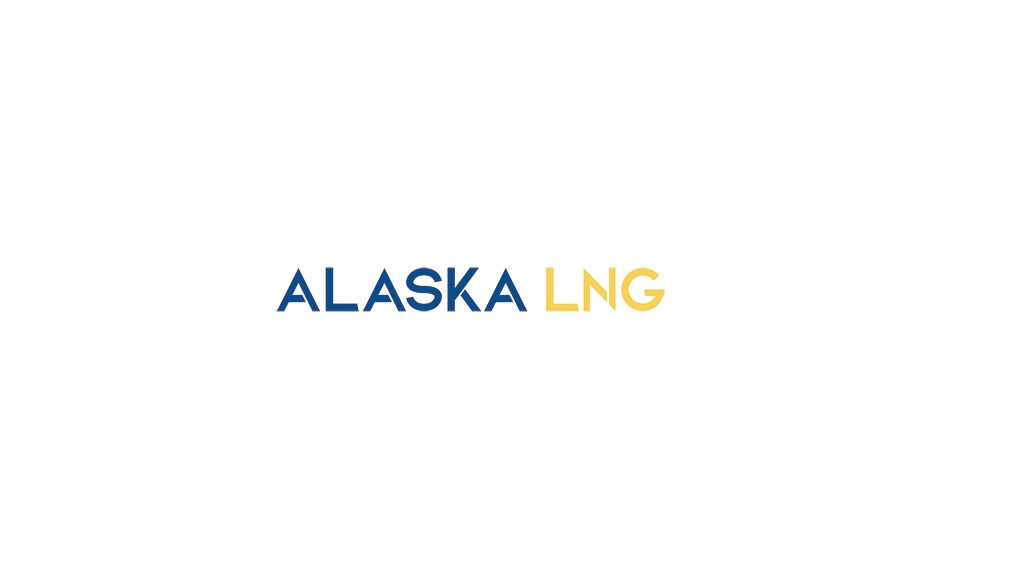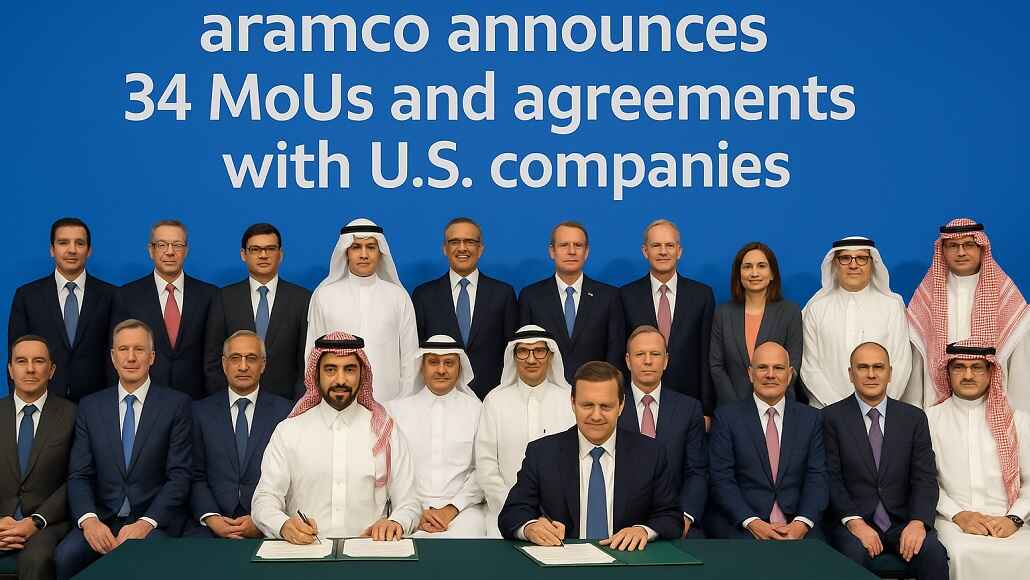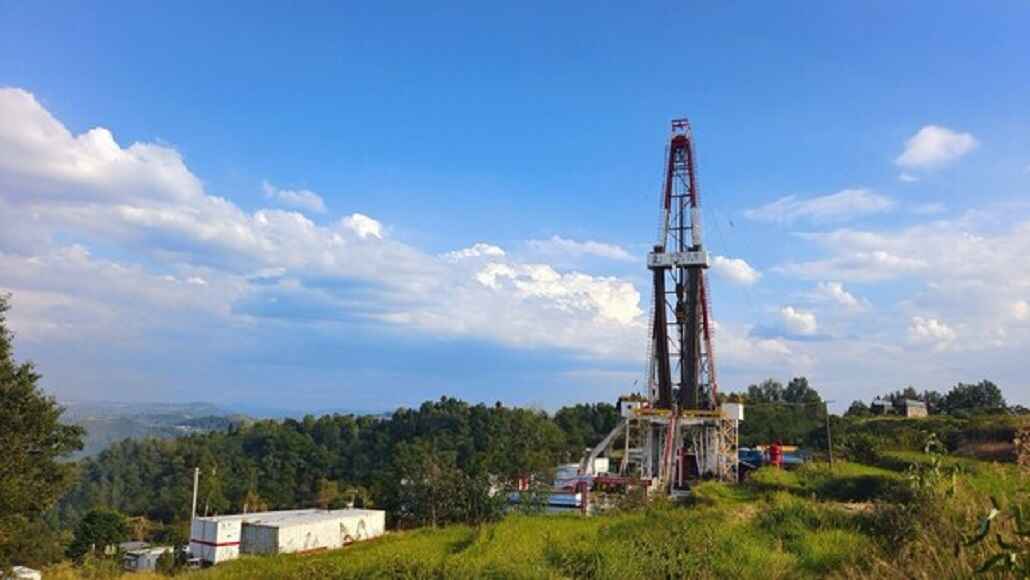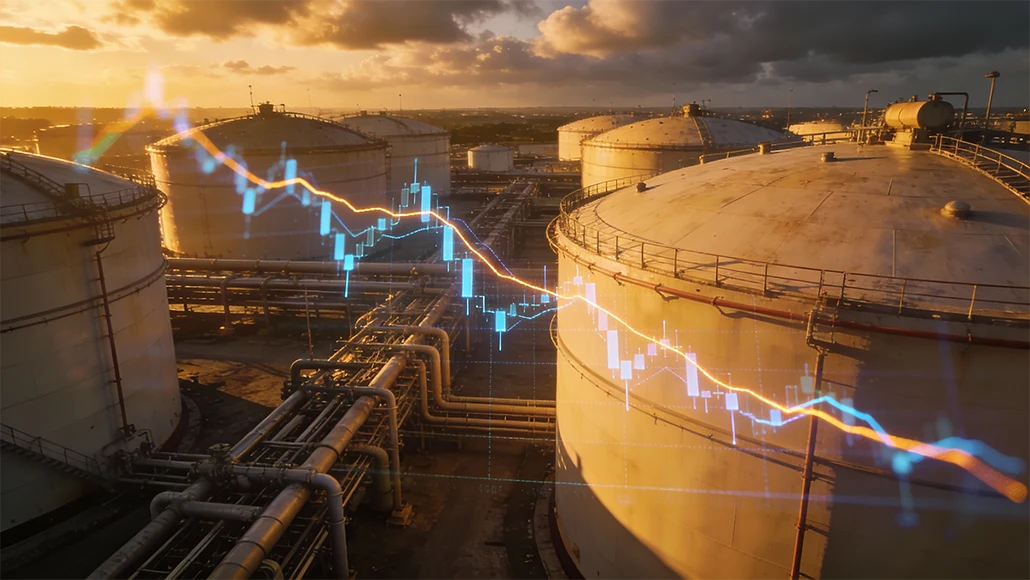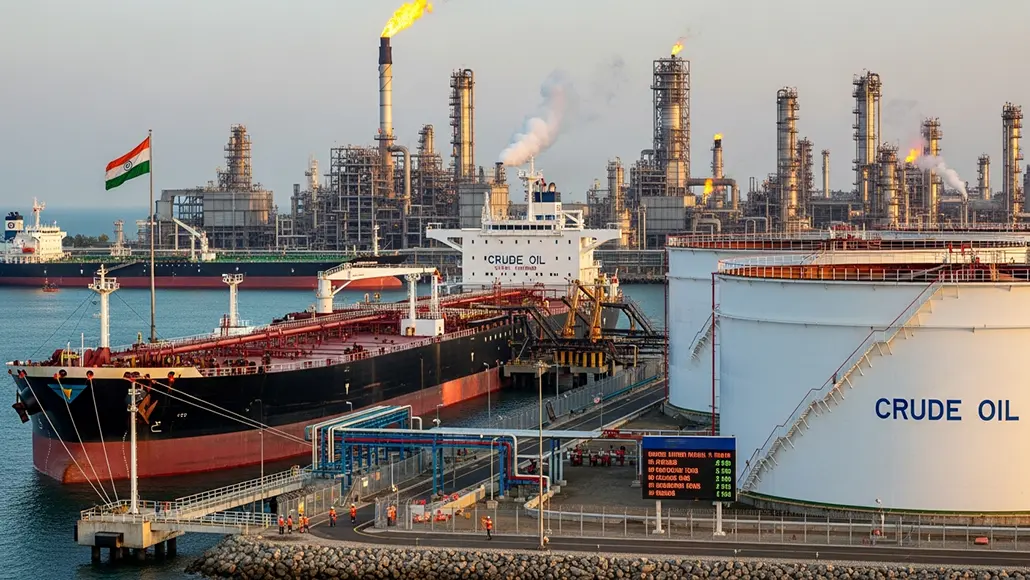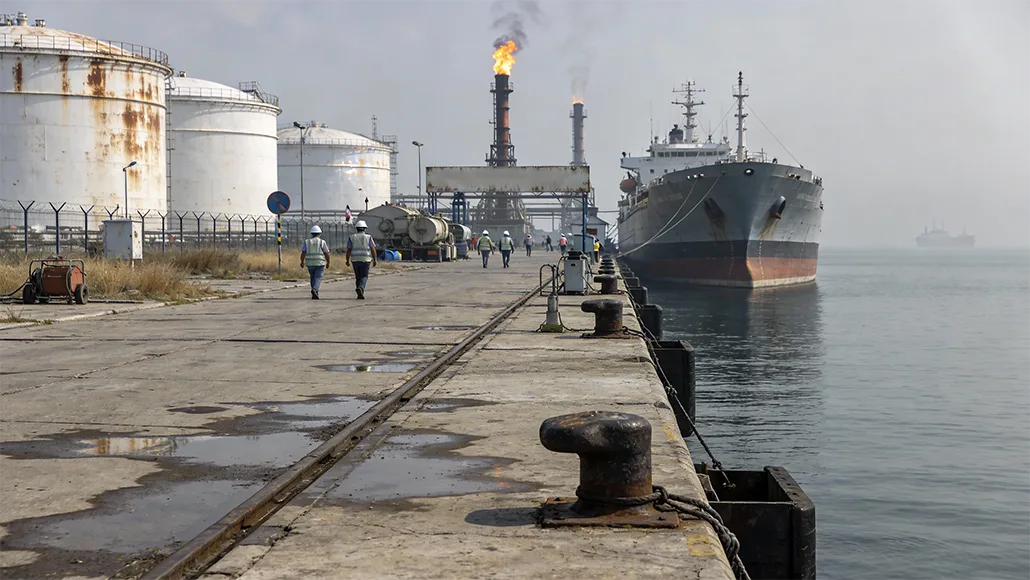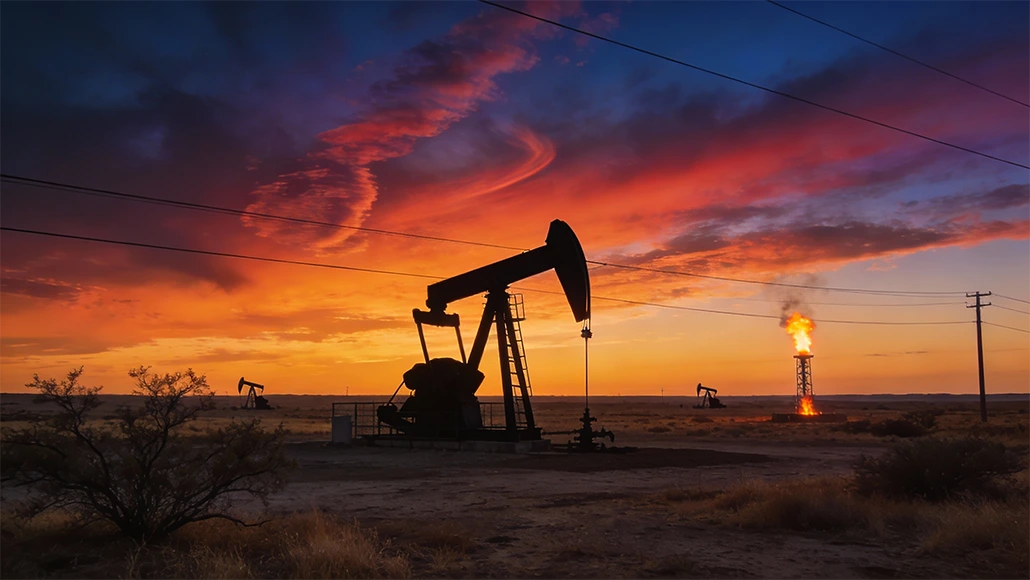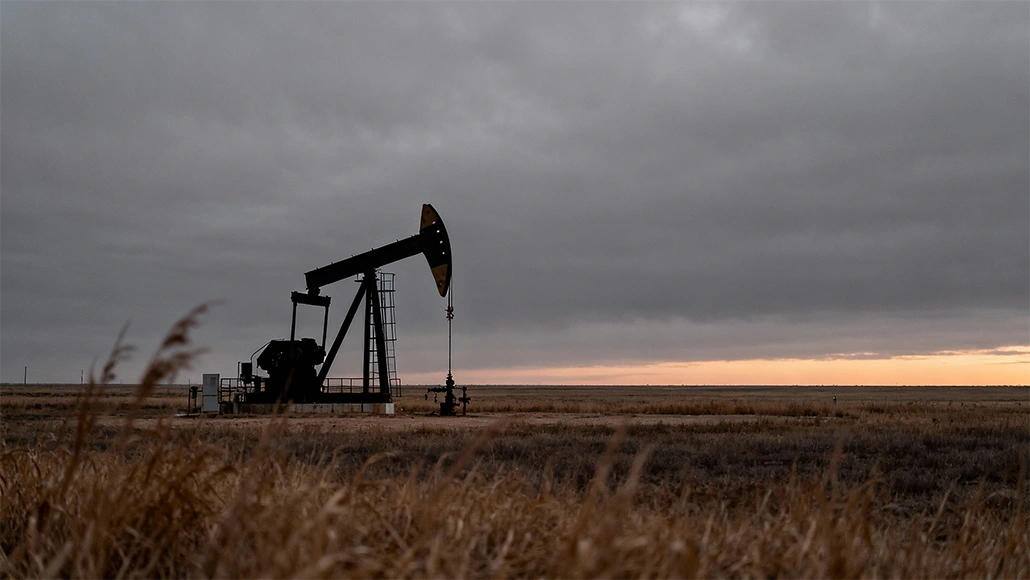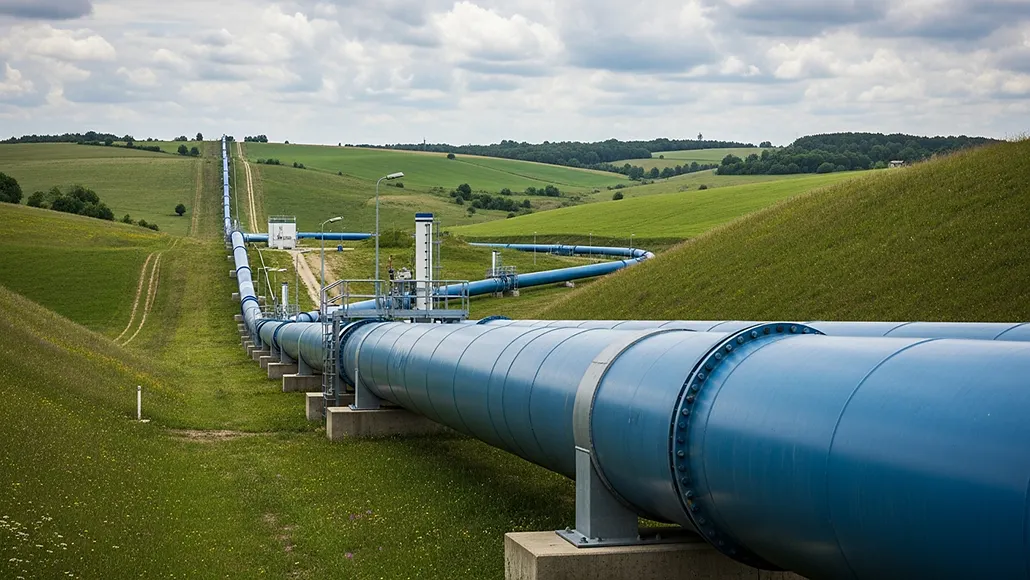The news of Trump exempts Hungary from sanctions on its continued purchases of Russian oil and gas for a year; has been confirmed by one of the White House officials has confirmed this to BBC News.
Earlier, the US president went on to say that he would indeed consider an opt-out for Viktor Orban, the Hungarian prime minister who happens to be a close Trump ally and has also, over a period of time, maintained good relations with Russia all across the Ukraine war.
As the confirmation that Trump exempts Hungary from sanctions took the centre stage, speaking on November 7, 2025, during a visit by Orban to the White House, Trump went on to say that the exemption was under consideration, as it was indeed very challenging for Orban to get the oil and gas from certain other areas.
It is well to be noted that all this comes after the US effectively went ahead and blacklisted a couple of the largest oil companies from Russia in October 2025, thereby threatening sanctions on all those who go ahead and buy from them.
After the meeting took place, Péter Szijjártó, who happens to be the Hungarian Foreign Minister, wrote on X that the US had gone ahead and given Budapest a complete and unlimited exemption in terms of sanctions on oil and gas.
One of the White House officials later went on to confirm to the BBC that the exemption happened to be time-limited to a year, although on November 8, Szijjártó went on to say that it would be indefinite.
This decision made by Trump happens to mark a major victory for Orban, who said that the sanctions would go on to ruin the economy of his country.
At the public part of the meeting, Trump went on to sound sympathetic to the position of Hungary as a landlocked country and also dependent on Russian oil and gas; however, he stopped short of offering a specific guarantee.
However, over time, it went on to become clear that the US president had gone on to grant an exemption for a year, seemingly flying in the face of his determination just two weeks back to penalize anyone who would do business with the energy companies from Russia.
Hungary has also agreed to buy several hundred million dollars of US natural gas as per the arrangement; however, it is a deal that is most likely to go down badly across many European capitals, most of whom have long opposed the friendly stance by Hungary towards Moscow.
Apparently, Orban has long been a close personal as well as a political ally of the president and has echoed much of the populist right-wing rhetoric of Donald Trump when it comes to immigration as well as social issues. That loyalty looks to have earned the Hungarian prime minister some exclusive treatment at a time when he happens to be facing some difficult elections in the spring.
Trump went on to add that while Hungary happened to face unique logistical challenges, which included the access to a sea that could very well be used so as to drill oil, he was very disturbed by certain other European countries that, as per him, continued to buy Russian commodities in spite of not being landlocked.
Orban, who has for long resisted the EU efforts to pressurize Moscow over Ukraine, has also gone on to defend his energy ties with Russia, saying on November 7 that pipelines are neither ideological nor political; they are, however, a physical reality because of the lack of ports.
He has been making use of the heavy dependence on Russian oil and gas by his country as a means to maintain good relations with Moscow and also as a platform upon which he hopes to win the re-election come April 2025 in Hungary. Interestingly, he has also promised cheap Russian energy to the voters.
Apart from the issue of oil and gas sanctions, the export-driven car industry of Hungary has been hit by the tariffs on European goods by Trump, therefore adding to an already weak economy.


